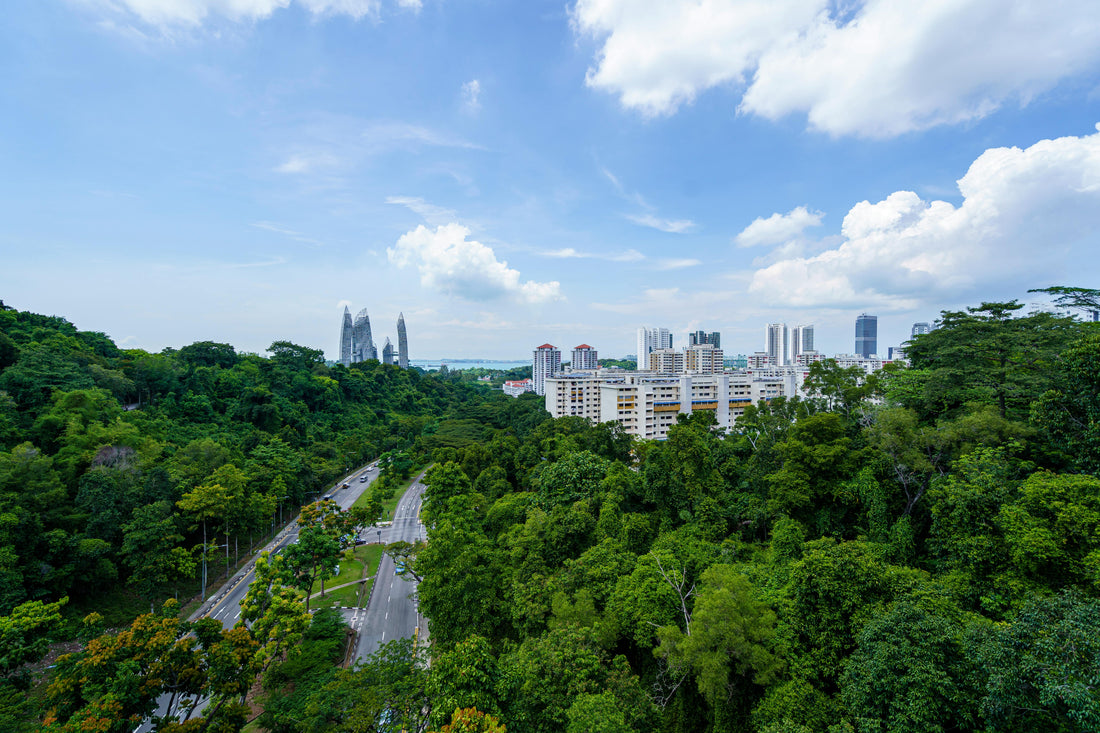Urban Ecology: Nature Thriving in the City
Pelagic ProblemsWhen most people think of ecology, they picture wild forests, coral reefs, or remote mountain ranges. But did you know that cities are ecosystems too? Urban ecology is the study of how living things (plants, animals, and humans) interact in city environments. It’s about recognizing that even in places filled with concrete, glass, and steel, life adapts and flourishes in surprising ways.
What Is Urban Ecology?
Urban ecology looks at how cities function as ecosystems. From the tiniest insects living in sidewalk cracks to coyotes roaming through Los Angeles neighborhoods, cities are full of interactions between people and nature.
Key elements include:
- Biodiversity in unexpected places – Parks, gardens, rivers, and even rooftops host species that have learned to coexist with us.
- Green infrastructure – Trees, wetlands, and green roofs help clean the air, reduce heat, and manage stormwater.
- Human impact – The way we design and live in cities shapes how wildlife survives and how resources are shared.
Why Is Urban Ecology Important?
- Climate Resilience – Green spaces lower urban heat and improve air quality.
- Biodiversity Protection – Cities can provide habitats for endangered and migrating species.
- Human Well-Being – Access to parks and natural spaces improves mental health, reduces stress, and builds stronger communities.
- Water Connection – Urban rivers, streams, and storm drains all connect back to oceans. Protecting them means protecting global water health.
🌍Fun Urban Ecology Facts🌍
- P-22, the famous Griffith Park mountain lion, lived in the heart of Los Angeles for over a decade. This is proof that big cats can survive in big cities.
- The LA River is home to over 200 species of birds.
- Green rooftops can reduce indoor temperatures by up to 40% during summer.
- Street trees in the U.S. save cities nearly $18 billion per year in air pollution removal, stormwater management, and cooling benefits.
Our Belief: Water Connects Us All
While our focus often starts with the ocean, urban ecology reminds us that everything is linked. The rain that falls in cities, the rivers that flow through them, and the oceans they drain into are all part of the same story. No matter where you live, by the sea or in the heart of a city, you are connected through water and the ecosystems it sustains.

